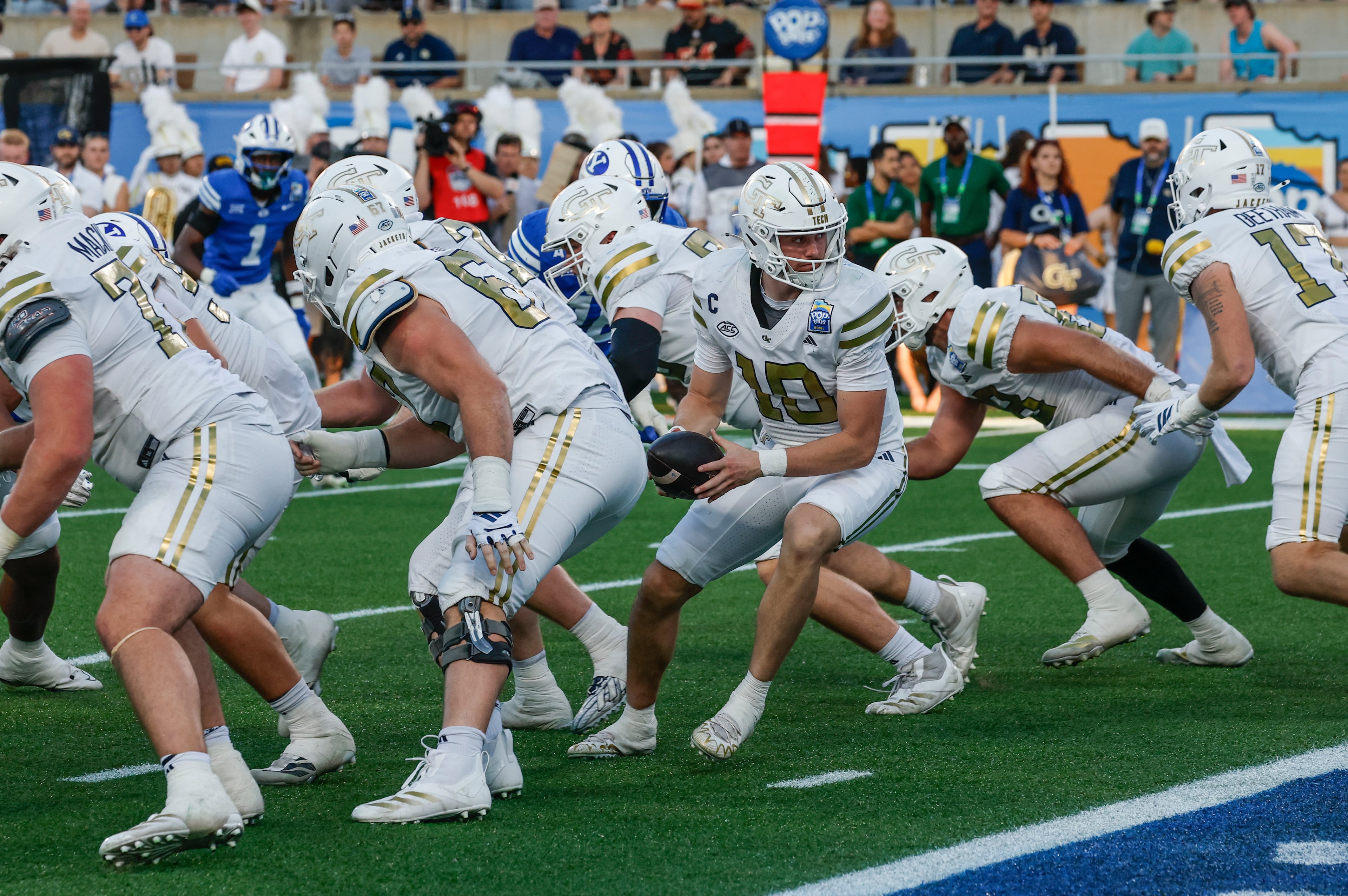Swofford updates on scheduling, network, satellite camps
AMELIA ISLAND, Fla. - No schools were leaving or joining the conference. There were no rumors of the ACC’s eminent collapse, or any announcements about a shift in policy. The ACC spring meetings were rather uneventful, for which commissioner John Swofford was quite pleased.
“I don’t know what normal is anymore in our profession, but this felt more normal than it has in years in terms of our league,” Swofford said Thursday at the close of the meetings. “That’s welcomed.”
Swofford did address various topics discussed by athletic directors and coaches, provided a veiled update on the possibility of an ACC cable network and offered a kind word about his retiring colleague in the SEC, Mike Slive.
Swofford said the league is firmly opposed to satellite camps and will seek to limit it through NCAA legislation. Schools are restricted to holding camps within a 50-mile radius of their campuses, but coaches in other conferences are taking advantage of a loophole that permits coaches to attend other schools’ camps outside of that radius as guests. Michigan and Penn State will both go into the South and elsewhere to coach and evaluate prospects. The ACC, as well as the SEC, prohibit coaches from attending them, and coaches in both leagues are against the practice.
“We stand by it,” Swofford said. “We’re not going to change what we’re doing right now. We’d like to see that on a national level.”
Swofford said schools are in support of the cost-of-attendance stipend, though there are concerns about its implications for recruiting. NCAA legislation passed in January allows schools to give athletes a stipend to cover out-of-pocket educational and miscellaneous costs not covered by a scholarship. But, because the costs are set by each school and vary widely, coaches are already seeing that it is influencing prospects and want a fairer method.
“I don’t think there’s any answers to it at this given point in time,” Swofford said. “There’s still strong support, and that’s where we’re headed.”
Swofford said it is possible that, for the sake of enabling football teams to play cross-division opponents more frequently, the league could change the makeup of the divisions and eliminate the permanent crossover game. The objective would be to put natural rivals not in the same divisions, like Florida State and Miami, into the same division so the permanent crossover game would not be necessary.
Swofford stressed that no changes are imminent, but that “it is something we continue to analyze with the goal of finding the best balance.”
He added that the possibility of a nine-game conference schedule, which was voted down last May, remains a possibility. Further, there is little or no support for reverting to a one-division format or, should ACC-endorsed legislation to relax requirements for conference championships be passed by the NCAA, for allowing the two championship-game participants to come from the same division.
Discussions with ESPN regarding a possible network are “moving well,” he said. Swofford refrained from making any more substantive comment on the progress of talks.
“We anticipated it would be a two- to three-year stretch in terms of getting to whatever endpoint that we get to,” Swofford said. “We’re right on schedule with that. … We’ve got a great partner in ESPN and together we think we can do some really good things, continue to do some really good things.”
Swofford praised SEC commissioner Mike Slive, who is retiring in July, for his leadership role in college athletics. They were collaborators in making the College Football Playoff a reality.
“The thing I’ve always appreciated about Mike is that he’s seldom the loudest guy in the room, but when he talks, it’s substantive,” Swofford said. “I have great respect for Mike, personally and professionally, and really enjoyed working with him.”



